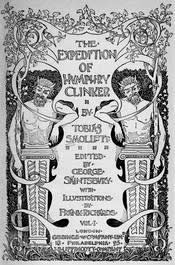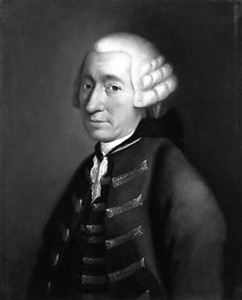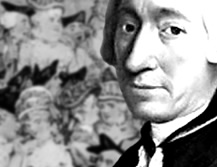Description
 Meet the Revd. Jonathan Dustwich, the pompous clergyman whose letter, dripping with Latin and Greek, kicks off Tobias Smollett’s hilarious epistolary novel Humphrey Clinker (1771). The text consists of letters by members and servants of the upper-middle-class Bramble family. But these are introduced by an exchange of letters between Dustwich (who has apparently acquired the Bramble correspondence by nefarious means) and a London publisher nervous that publication may lead to his prosecution.
Meet the Revd. Jonathan Dustwich, the pompous clergyman whose letter, dripping with Latin and Greek, kicks off Tobias Smollett’s hilarious epistolary novel Humphrey Clinker (1771). The text consists of letters by members and servants of the upper-middle-class Bramble family. But these are introduced by an exchange of letters between Dustwich (who has apparently acquired the Bramble correspondence by nefarious means) and a London publisher nervous that publication may lead to his prosecution.
Clinker, the hero of the novel, is an ostler, or stable-hand, hired to work for the Brambles on their travels. It turns out that, like a longlost child in an ancient comedy, he is the illegitimate son of the Bramble patriarch, the result of a fling with a barmaid. Clinker’s class status is the major social question underlying the novel, only resolved when he chooses a serving girl as his bride.
 But the raunchy inter-class sexual relations of this picaresque tale are prefaced by the prurient Dustwich. In just two pages, Smollett (himself a middle-class university-educated Scotsman) rounds out rhetorically the character of an over-educated parson rather too interested in sexual matters, attempting to conceal his desire to profit from immoral earnings by quoting Latin and Greek incessantly.
But the raunchy inter-class sexual relations of this picaresque tale are prefaced by the prurient Dustwich. In just two pages, Smollett (himself a middle-class university-educated Scotsman) rounds out rhetorically the character of an over-educated parson rather too interested in sexual matters, attempting to conceal his desire to profit from immoral earnings by quoting Latin and Greek incessantly.
He assures the publisher that the letters do not bring anyone into disrepute (mala fama) and ought to be published for the benefit of the public (in usum publicum). He promises as a priest (in verba sacerdotis) to take the blame if any legal process ensues, ‘even quoad (‘as far as’) fine and imprisonment, though I must confess, I should not care to undergo flagellation: tam ad turpitudinem, quam ad amaritudinem poenae spectans (‘thinking in terms as much of the depravity of the punishment as of its painfulness’).
But Dustwich’s crowning carnivalesque classicism occurs in the penultimate paragraph. He explains that the reason he retired early one night was not to avoid the anger of someone featuring in the letters, but because he had eaten the roe of a fish called the barbell. He was unaware that this kind of roe ‘is at certain seasons violently cathartic, as Galen observes in his chapter περι ιχθυς’ (‘on fish’). Interestingly, Smollett is conspiratorially signalling to any educated readers who knew the Greek alphabet that the pretentious Dustwich’s scholarly credentials are shaky: he gets the grammatical declension of the chapter by the ancient medical writer wrong.







